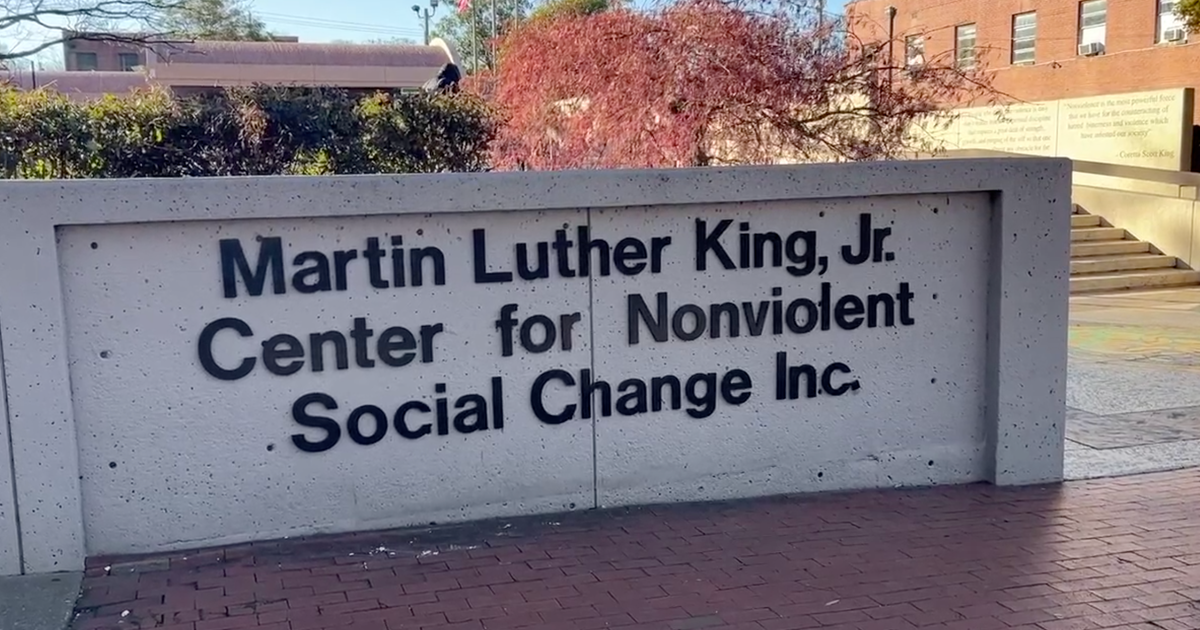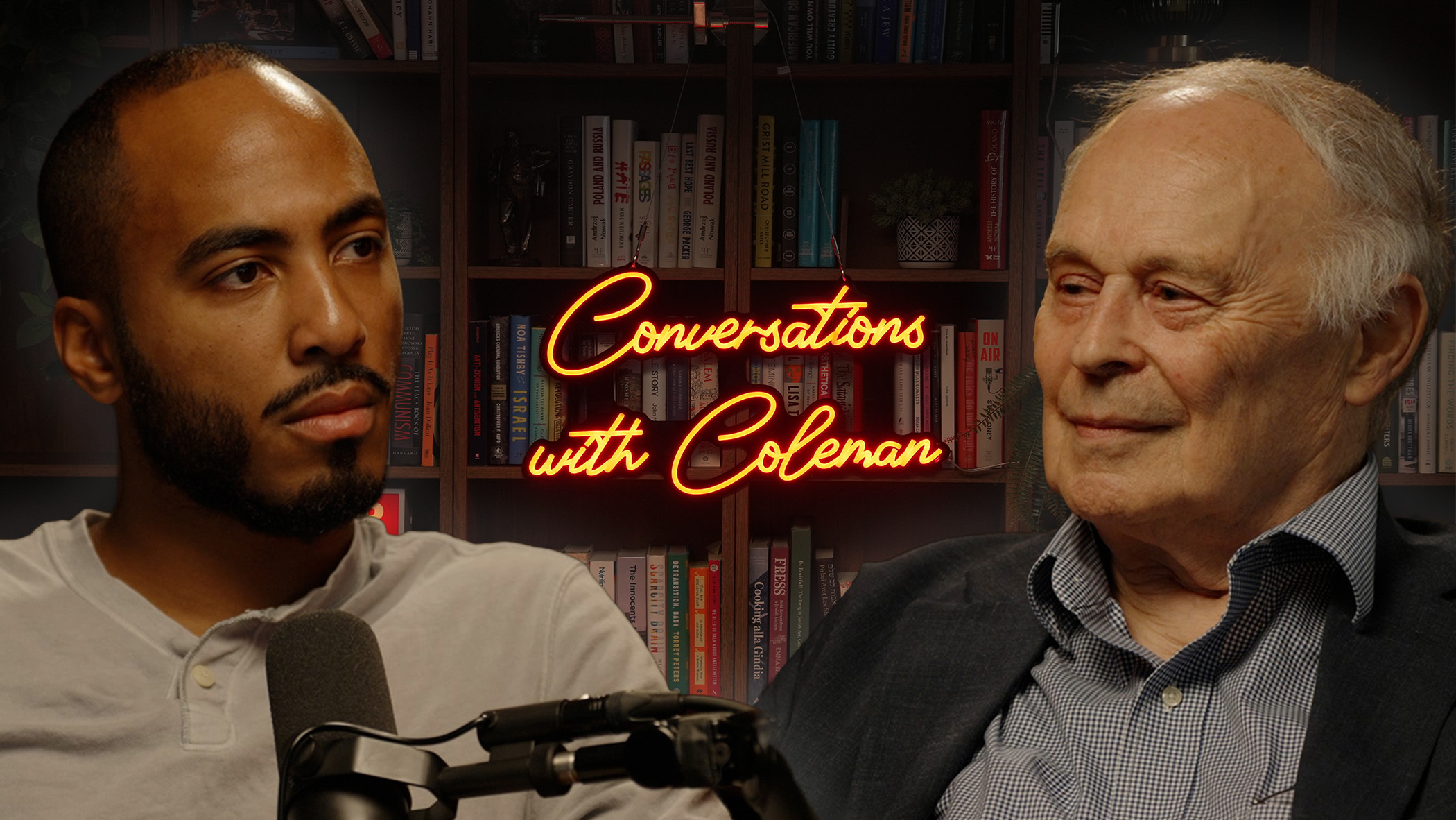Republicans wade into police reform proposals
After two weeks of protests nationwide in the wake of George Floyd's death, and on the heels of Democrats introducing police reform legislation, Republicans on Capitol Hill are beginning to hash out their own proposals.
Senator Tim Scott of South Carolina, the only black Republican senator and only African American in history to serve in both chambers of Congress, is leading a group of senators and communicating with the White House to devise reforms. Scott presented potential reforms at the weekly Senate GOP lunch Tuesday, and CBS News has obtained a rough draft of what he shared with his colleagues.
A draft of the JUSTICE Act includes 10 sections related to police reporting, accountability, training and relations. They include the George Floyd / Walter Scott Notification Act, which would tie grant eligibility to the reporting of uses of force that cause death or serious injury to the FBI data collection. Also included is increased funding for body cameras, the reduction of grants for states that fail to penalize the failure to wear issued body cameras, tying grant funding to required training on deescalation tactics and requiring states to maintain a system for sharing records of law enforcement officers, among other things.
Scott, who met with top officials at the White House on Tuesday, is working closely with a handful of GOP senators to hone the specifics of a legislative package. Senator Mike Braun of Indiana, who has offered to help Scott, said he thinks there is a real appetite for meaningful reforms.
"I think though that instead of us sitting on our hands, we're going to be doing something, and I'm glad we are," Braun said in an interview with CBS News. "I think for the sake of law enforcement, there are protocols and procedures they need to look at in depth so these horrific incidents are just completely eliminated from the landscape, to the extent we can. And I think this is different this time."
But it won't be an easy path forward for Republicans, who are arguably more ideologically divided on possible police reforms than are Democrats, and whose party leader in the White House has shown few signs he wants serious change.
"One of the I think general considerations would be, how do we get somewhere between 35 and 45 of our own conference on whatever we put out there? And there might be some of us that would like to be a little more aggressive because I think this is the right time, and for the sake of law enforcement, which I believe most of the corrections need to be done in the trenches by law enforcement itself, local and state levels," Braun said.
The White House has already said reducing immunity, which would make it easier for people whose civil rights are violated to sue police, is a non-starter. But Braun said Tuesday that he's seriously considering pushing for an end to qualified immunity, something that's in the Democratic proposals, to show Senate Republicans are serious about tackling police reforms.
"I think this is going to be one of the hotter discussion points," Braun said of ending qualified immunity. "But I think while we're fixing it and addressing it, I'd rather it go beyond commissions and study groups and stuff that is a little milder in nature. And I don't know where we'll end up. I'm just one that's willing to try to see how much interest there's going to be on the topic of qualified immunity."
Braun said he supports the end of chokeholds and the knee-to-neck procedure used on Floyd, something he believes should happen as a cascading movement through local and state police departments, but that he will likely support at the federal level, too. Lynching, he says, should be a federal crime. He's also supportive of making public police misconduct records, such as in the form of a national registry.
"I think to me on anything, more transparency, more information is better," Braun said.
The Indiana senator said law enforcement needs to "soul search" for these types of solutions, too.
"I think law enforcement has got to soul search and do things that are going to significantly change the way they've operated and to rid the system of these situations that give them a bad look and name because I think they do an unbelievable job in one of the toughest occupations in the country, and it all loses its significance when you have these issues crop up of the nature of George Floyd. And that's just not good because I think it indicts the system across the board every time that happens."
In the House, Republican Congressman Jim Jordan and the House Judiciary Committee are working with the Republican conference to come up with policing proposals. The resulting legislation will likely be introduced by Congressman Pete Stauber, a former police lieutenant, a congressional source said.
"Everything is on the table," the source said.
Read the draft of Senator Tim Scott's proposal:







